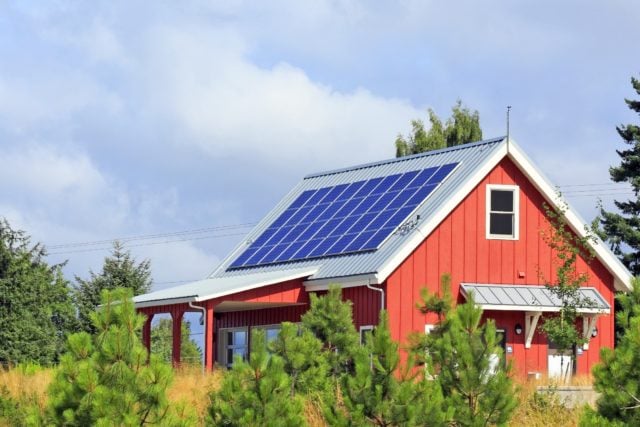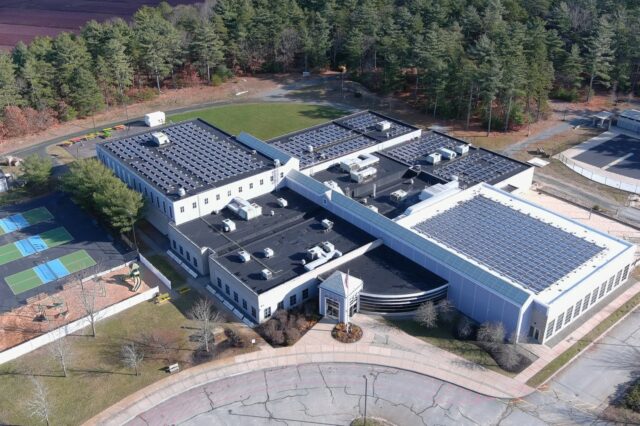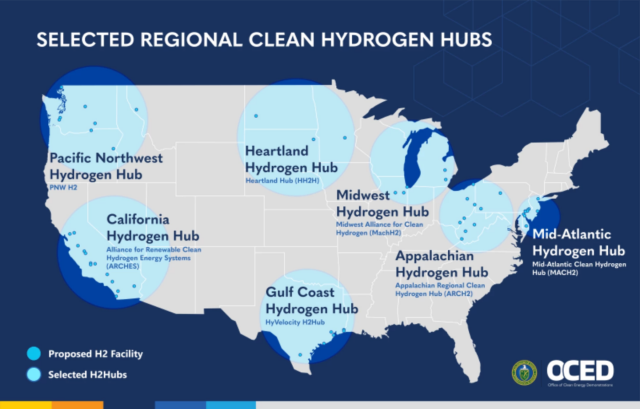Clean Energy Group Blog
The Promise and Pitfalls of Fossil Power Plant Hybridization with Energy Storage
Fossil fuel power plants paired with battery storage – also known as hybridized power plants – can cause more harm than good, particularly if hybridization is used to prolong the use of polluting peaker plants.
Centering Equity in Data Collection: CEG’s Resilient Power Funding Programs
CEG’s commitment to equity, and ensuring we are meeting our equity-specific goals, is the driving force behind the metrics we track for our Resilient Power Small Grants Programs.
Peaker Plant Reliability Must Run (RMR) Designation: Expensive and Flawed
“Reliability Must Run” designations keep peaker power plants operating in the name of reliability, regardless of the economic impacts to ratepayers and health and environmental impacts to surrounding communities, and despite available cost-effective non-combustion alternatives.
What Nonprofits Need to Know about the Investment Tax Credit
The Inflation Reduction Act of 2022 updated and expanded the Investment Tax Credit for solar and battery storage resilient power projects. This blog outlines several important changes to the ITC that could impact nonprofits.
Advancing Energy Equity in 2023: Actions and Impacts
This has been an impactful year for Clean Energy Group and our partners in advancing energy justice.
The Market for Solar+Storage is Better Than Ever – But Communities Still Need Support to Access It
Demand for early-stage technical assistance support will continue to rise as communities become increasingly vulnerable to climate disasters and an aging power grid.
How to Make the Most of the Investment Tax Credit: Applying for Bonus Credits
The Investment Tax Credit and its Bonus Credits are a game changer for improving the economics of solar and solar+storage projects. This blog post explains the application process for the Low-Income Communities Bonus Credit Program, including how and when projects should apply.
Ignoring Climate Scientists and Environmental Justice Advocates, DOE Awards Billions to Fossil Fuel Hydrogen
DOE announced the recipients of the Regional Clean Hydrogen Hubs funding, more than half of which will go towards Hubs producing hydrogen from fossil fuels with carbon capture and storage.
Peaker Power Plant Data Show Persistent Economic and Racial Inequities
According to data released by the EPA, inefficient and expensive fossil fuel peaker power plants continue to be predominantly located near lower-income communities and disproportionately impact people of color.
Rotten Eggs in the EPA Power Plant Rule
The EPA’s proposed regulation for greenhouse gases emitted by power plants reveal the heavy influence of the fossil fuel industry.














